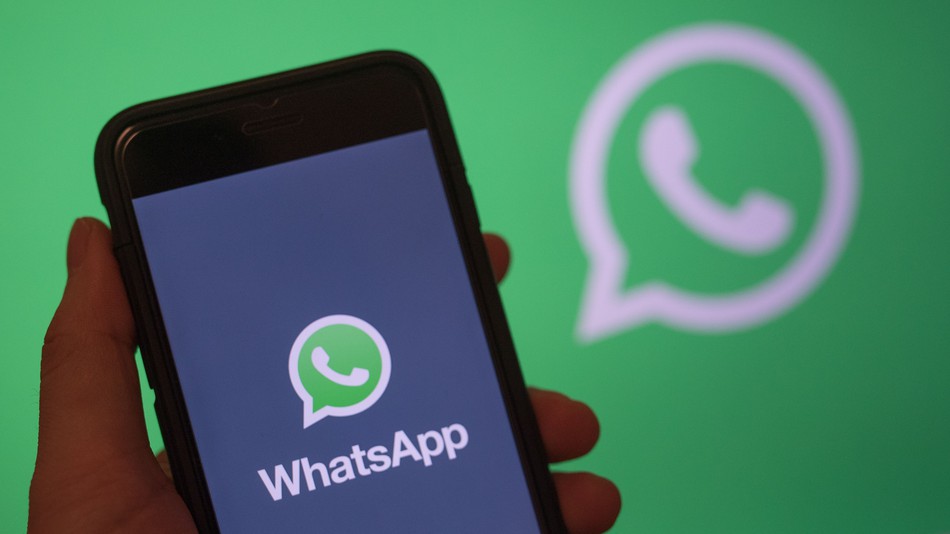WhatsApp on Monday unveiled its most ambitious advertising strategy to date, marking a significant transformation for the messaging platform that has largely avoided traditional ads since its inception.
The announcement signals a strategic shift for the Meta-owned app, which has long promoted itself as a private, ad-free environment for personal messaging. The new features represent Meta’s clearest move yet to monetize WhatsApp’s vast user base of over two billion monthly active users without compromising its core promise of privacy.
The update comes less than two years after WhatsApp’s leadership firmly denied reports that it was considering integrating advertisements, amid public concerns and regulatory scrutiny. Until now, the app’s ad-related features were limited to WhatsApp Business promotional messages sent to consenting users and limited trials of Status ads in select regions.
In the latest rollout, WhatsApp will introduce three monetization features, all confined to the Updates tab — a section dedicated to the app’s Channels and Status features, which are used by 1.5 billion people daily. The company assured users that personal chat feeds and private conversations will remain untouched by the new advertising tools.
“We’ve been talking about our plans to build a business that does not interrupt your personal chats for years, and we believe the Updates tab is the right place for these new features to work,” WhatsApp said in a statement.
The new advertising offerings include paid subscriptions for exclusive Channels, the promotion of Channels within the Discovery directory to boost visibility, and ads displayed within Status, WhatsApp’s version of Instagram Stories.
Meta emphasized that the new features were built with privacy in mind. Nikila Srinivasan, Meta’s vice president of product management, reaffirmed the company’s commitment to end-to-end encryption, noting that personal messages, calls, and Status updates would remain private and inaccessible even to WhatsApp itself.
“I want to be really clear about one thing: Your personal messages, calls and statuses will remain end-to-end encrypted. This means no one, not even us, can see or hear them, and they cannot be used for ads,” Srinivasan said during a press briefing.
She added that WhatsApp will not sell or share users’ phone numbers with advertisers, nor will it allow personal chats, calls, or group memberships to influence ad targeting. Instead, ads in the Updates tab will be tailored using basic information such as a user’s location, device language, and activity within the Updates section.
While the features mark a dramatic change in WhatsApp’s approach to monetization, the rollout will be gradual. Srinivasan noted that users may not see the changes immediately, as the company plans a phased launch over the coming months.
The move has been anticipated by analysts who have long questioned when Meta would begin leveraging WhatsApp’s massive reach for revenue. With this announcement, WhatsApp joins the rest of Meta’s platforms in incorporating advertising, though with a more limited and privacy-conscious design.



